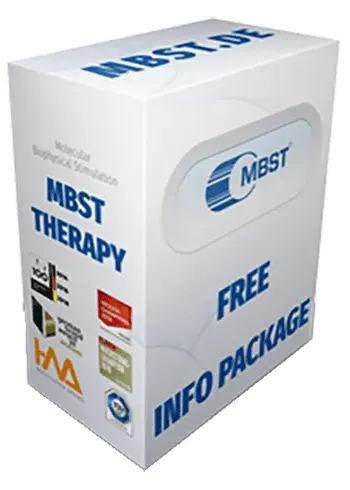New study: Patients with osteoarthritis die younger
It has been discussed controversially in recent years whether joint arthrosis does not only cause pain and limitations, but also increases mortality. A group of researchers from the Swedish University in Lund has conducted a large-scale study on this question. The health-related data of residents aged between 45 and 84 in the Skåne region were analysed over a period of ten years. Of the 469,152 residents in this age group, 29,189 were diagnosed with osteoarthritis. The researchers compared the mortality rate per 1,000 persons of people without osteoarthritis with those suffering from knee, hip, hand or other osteoarthritis.
Increased risk of cardiovascular disease
No increased mortality could be observed for most causes of death. However, the risk of dying from a cardiovascular disease was increased by 13% in patients with hip joint arthrosis, and by almost 20% in patients with knee arthrosis. Further research about the reasons for this significantly higher mortality rate is needed. Martin Englund from the University of Lund in Sweden, the author of the study, suspects that one possible cause is that the vascular system is afflicted by chronic inflammatory processes. Another possible explanation might be that people affected exercise significantly less than healthy people. Since physical activity in arthrosis patients is typically accompanied by sometimes severe pain, many patients avoid movement as much as possible. Especially in the case of knee and hip arthrosis, which showed the highest mortality rate in the study, the walking distance is often severely restricted and sport is usually impossible. Englund: "This creates a risk of weight gain, which, as we know, can lead to secondary diseases such as cardiovascular diseases."
References
Dr. S. Reinberger (2019): Arthrose geht mit einem erhöhten Risiko für kardiovaskuläre Erkrankungen einher. https://www.univadis.de/
A. Turkiewicz et al. (2019): Cause-specific mortality in osteoarthritis of peripheral joints. Osteoarthr. Cartil. 27(6): 848–854. doi: 10.1016/j.joca.2019.02.793. PMID: 30797945


